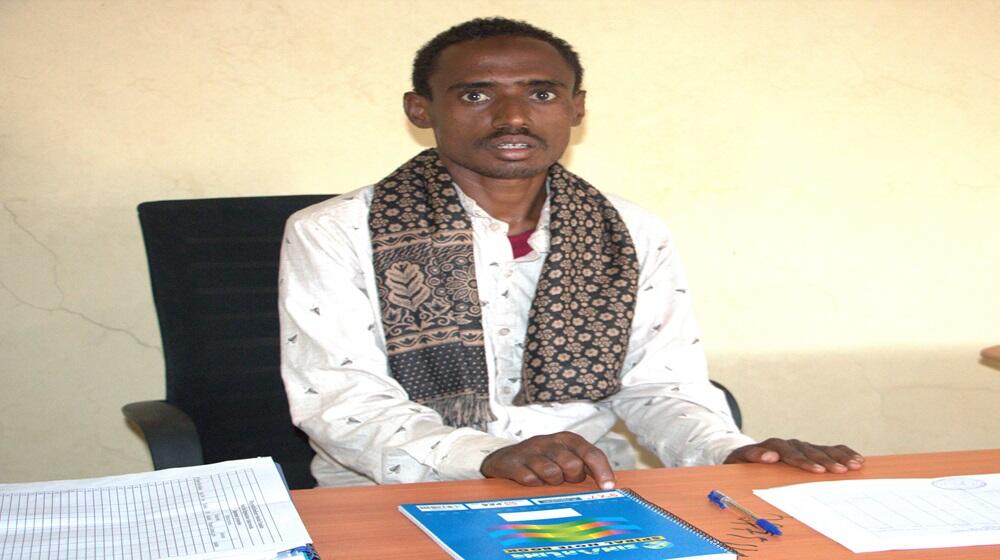Usman Siraj Ahmed is the Head of the Prosecutor’s Office in the Abala District. He has closely been involved over the years in the efforts at eliminating child marriage, FGM and other practices putting women and young girls in harm’s way. He says that the COVID-19 pandemic and the conflict in northern Ethiopia over the past few years seriously affected the engagement of his office in creating community awareness and holding offenders accountable, thus endangering the gains that were made in the fight against the harmful practices.
“We are challenged to give awareness to communities and hold offenders accountable as the communities remains largely scattered, displaced from their places of origin,” states Usman. He adds that generally, the incidences of child marriage, FGM and gender-based violence have increased following the conflict in northern Ethiopia where the Abala District was one of the districts ravaged by the conflict.
Usman’s office has been working closely with relevant sector offices in the Abala District in coordinating and creating an enabling environment for the implementation of the UNFPA supported programme intervention on the prevention of child marriage and Female Genital Mutilation (FGM) in the district with funding from the UN Association in Sweden. The programme was piloted in the Afambo District in 2012 where all the localities there publicly declared abandonment of both harmful practices. Promising strides were also being made in the 13 localities of the Abala District in the abandonment of both harmful practices until they were jeopardized by the humanitarian crisis triggered by COVID-19 and the northern Ethiopia conflict.
Despite the strong efforts made through the programme in the past couple of years and the promising gains made, child marriage and FGM still remain a challenge in the community. Even though the community strongly believes in the social transformation supported through the programme, the COVID-19 pandemic and the northern Ethiopia conflict disrupted the access of participants of the programme to resources and constrained the follow-up on the activities of the programme. The resulting heightened insecurity and social pressures have led some people in the communities to resort to coping mechanisms practicing FGM and child marriage for safety or acceptance, and deal with the economic strain that the situation forced on them.
As many people remain displaced it has become difficult to reach out to them and continue the strong effort that was being supported through the programme. Usman says that currently efforts are underway to put things back on track. “We are working on strengthening collaboration among sector offices such as the Women and Social Affairs, Health, Education and Justice as well as police to rekindle the efforts,” notes Usman mentioning that the serious shortage of budget is constraining the effort.
The need to undertake sustained efforts to eliminate practices putting women’s and young girls’ health and bodily autonomy in danger cannot be over emphasized. In this connection, building resilience of communities to withstand challenges in the face of calamities is one critical thing. The normalization of relations between the Tigray region and the Afar region in the aftermath of the conflict which has been taking place over the past couple of months holds promise for improving transportation problems and restoring critical infrastructures, enhancing access to services, and supporting recovery efforts in affected areas. This in turn will be important in reinstating favorable conditions for the fulfillment of the objectives of the programme.
“We want to produce and distribute IEC materials to create awareness about the harms and inculcate in the communities that those who engage in committing the practices will be held accountable by the law,” Usman says commenting that this will help communities to report cases which remains low currently.


